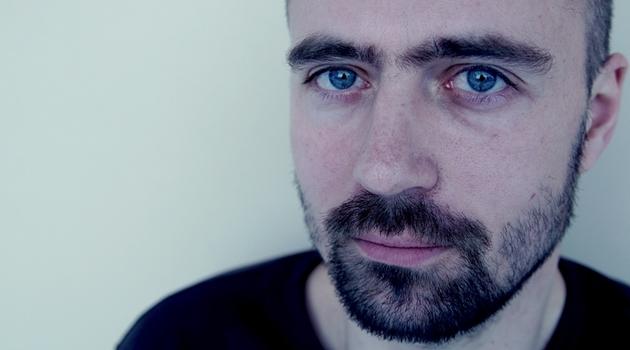Czech report on Roma: Socially excluded localities grow along with youth unemployment

Last week the Czech Government reviewed its Report on the State of the Romani Minority for 2012. The document confirms that Romani people continue to occupy an adverse position in the areas of education, employment, housing and security.
In the Czech Republic the number of socially excluded localities is rising, in particular as a result of the growing number of residential hotels focusing on accommodating impoverished people. "The Government unanimously adopted the report, which is very critical and states that the situation in the area of education is not improving and that the deterioration in the areas of employment and housing is alarming," said Martin Šimáček, the director of the Czech Government Agency for Social Inclusion who has been entrusted with managing the Human Rights Section at the Office of the Government and who submitted the report to the cabinet.
In the area of education, the Report reviews progress in fulfilling the requirements of the ground-breaking judgment by the European Court of Human Rights in the matter of D.H. and others versus The Czech Republic. Last year marked the fifth anniversary of the judgment.
A significant proportion of Romani pupils continue to be educated in the former "special schools", today often called "practical primary schools". Research by the Czech School Inspectorate and the Public Defender of Rights (the ombudsman) performed during 2012 has confirmed that 32 % of Romani pupils in the Czech Republic attend "practical schools" intended for children with light brain dysfunction.
Preschool education is equally problematic. Only 28 % of Romani children attend nursery school.
Many Romani households face concentrated, long-term, repeated unemployment. According to data from the Regional Romani Affairs Coordinators, the level of unemployment in socially excluded localities in the more impoverished regions is between 70 and 100 %.
In 2012, according to qualified estimates by the regional-level branches of the Labor Office of the Czech Republic, a total of 47 854 Romani job-seekers were on the rolls compared to 38 456 Romani job-seekers in 2011. The situation of Romani youth between 15 and 26 is alarming, as they face 61 % unemployment.
As many as 77 % of Romani youth have never had any work experience. Some aspects of the country’s recent social reforms have impacted the social situation of impoverished Romani people, primarily the rescinding of the opportunity to perform community service work voluntarily for remuneration and the transformation of such programs into a mandatory instrument applied to all unemployed persons which was then overturned by the Czech Constitutional Court.
Another result of the social reforms has been a change in the conditions for disbursing housing benefits. Romani households continued to decline in the housing area with even greater intensity, primarily as concerns their being pushed into the residential hotel segment of the housing market, facilities that are inappropriate for permanent accommodation, especially that of families with children.
Excluded Romani households’ access to rental accommodation provided by either municipal or private landlords is significantly decreasing. Living in an apartment that is either cooperatively or privately owned is practically inaccessible for such households.
In the area of health, the Report states on the basis of various studies that Romani people living in socially excluded localities suffer more chronic illnesses and neglect preventative measures and preventative medical check-ups. According to qualified estimates, the number of socially excluded localities in the Czech Republic and their inhabitants has risen; the estimate is now as many as 400 excluded territories.
Another trend is the shifting of such localities from large cities to smaller villages as socially excluded Romani households migrate into accessible residential hotel housing. As far as security goes, the trend of negative sentiment about members of the Romani minority, who are viewed as unemployed perpetrators of crime and welfare abusers, continued in 2012.
The Romani issue was once again a topic in the propaganda of right-wing extremists, especially the Workers’ Social Justice Party (Dělnická strana sociální spravedlnosti – DSSS) in the context of the regional elections. The Czech Government Agency for Social Inclusion was, however, an important actor in the field of social exclusion, according to the Report.
During 2012 the Agency worked in 24 micro-regions, towns and villages. A total of 37 projects worth CZK 487 million to support social inclusion were approved and implemented through local partnerships during 2012, in which more than 10 000 people are being or will be supported in the collaborating municipalities.
The Government has reviewed its Report on the State of the Romani Minority annually since 2005. The report is prepared by the Office of the Czech Government Inter-ministerial Council for Roma Community Affairs on the basis of background material provided by independent research, international organizations’ reports, the ministries and the regional administrations.